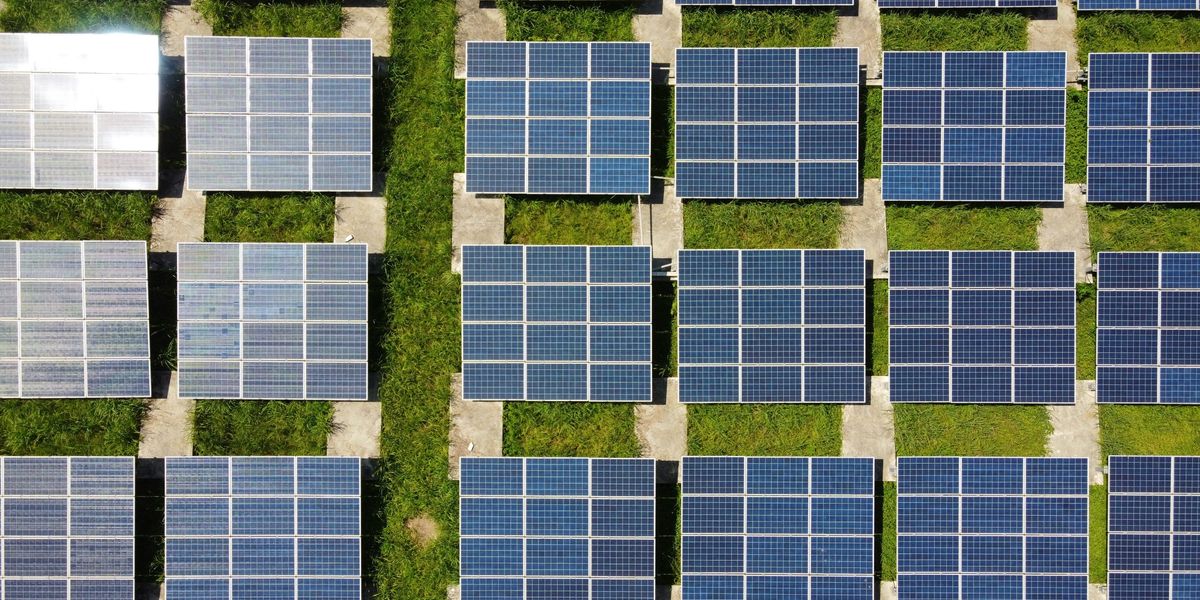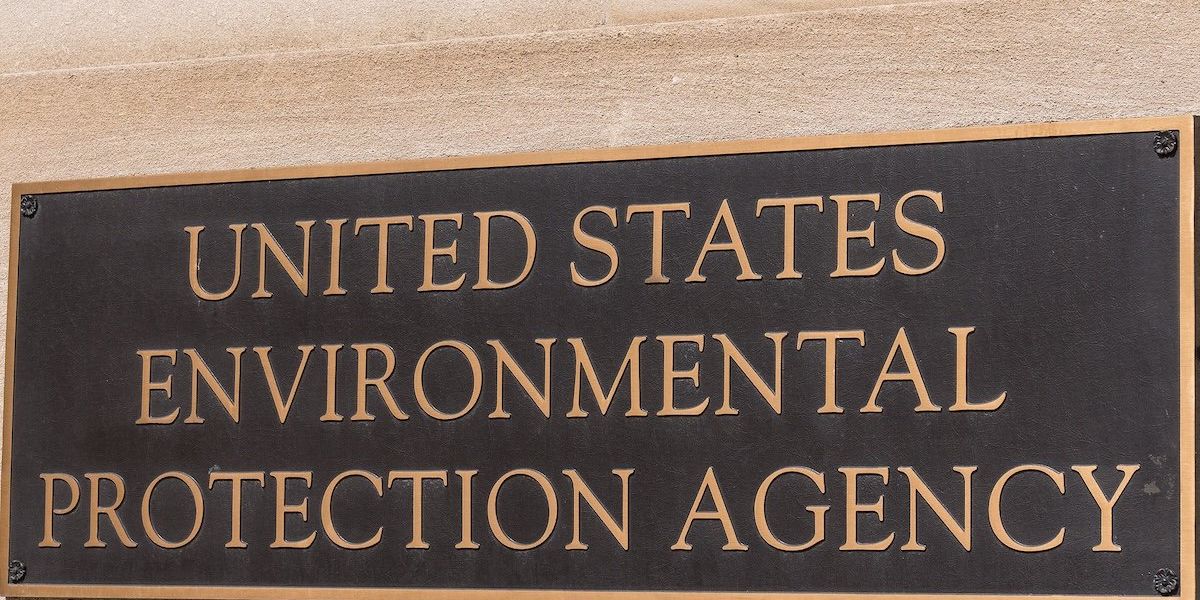green party
The Green parties face a decline in European elections
The Green parties lost a third of their seats in the European Parliament, raising questions about the future of Europe's climate movement.
In short:
- The Greens' decline is attributed to shifting voter priorities amid the war in Ukraine and the cost-of-living crisis.
- Centrist and right-wing parties have absorbed or attacked the Green agenda, portraying it as elitist and out of touch.
- Despite setbacks, the Greens found success in Nordic and some Southern European countries, indicating potential for future coalitions.
Key quote:
“They portray this transition as a very elitist transition, that it’s only for the ‘Tesla people. And I can tell you, Tesla does not have a good image anymore.”
— Bas Eickhout, European Greens’ vice president
Why this matters:
The decline of Green parties could slow progress on climate policies in Europe, affecting global efforts to combat climate change and potentially increasing socio-economic disparities. Read more: The chemical industry may have killed a landmark EU chemical policy. Here’s what that means for the US.
A new wave of young eco-activists running for EU Parliament seats
A generation of young Europeans who began their activism in school is now running for the European Parliament to influence climate policies.
In short:
- Young Europeans, previously involved in Fridays for Future protests, are now candidates in the European Parliament elections from June 6-9.
- These candidates, like Petr Doubravsky from Czechia and Lena Schilling from Austria, aim to enact climate protection policies amidst opposition from right-leaning parties.
- They represent a new wave of political activists determined to shape EU climate and energy policies by 2030.
Key quote:
“In 2019, we heard that we should calm down, that we should stay in school, that we should wait until we are adults. And that time has now come.”
— Petr Doubravsky, Czech Green Party candidate
Why this matters:
The presence of these young activists in the political sphere is more than symbolic. It highlights the growing influence of environmental activism in shaping policy and the increasing recognition that the climate crisis requires immediate and innovative solutions. If successful, these young politicians could play a crucial role in steering Europe toward a greener, more resilient future, ensuring that the environment remains at the forefront of legislative priorities.
The question remains: will it be enough to counter the rising far-right movement in Europe?
Related EHN coverage:
The trials of Robert Habeck: Is the world’s most powerful green politician doomed to fail?
Podcast: A year ago, Germany’s vice-chancellor was one of the country’s best-liked public figures. Then came the tabloid-driven backlash. Now he has to win the argument all over again.
Review of core Labor climate policy splits on party lines, Greens decry lack of ambition
An Australian Senate committee reviewing the government's proposed changes to the safeguard mechanism splits along predictable lines, with Labor MPs supporting the legislation and Greens and crossbenchers arguing it is not ambitious enough.
Caroline Lucas: Air pollution is killing children – where is the Government action?
Having a nice environment isn’t just a matter of ecology and science, it is a question of social justice. Every day must be a clean air day – and no person should suffer the consequences of Government inaction like Ella did.
For Sinema, it's taxes vs. climate
The last holdout on Senate Democrats’ historic climate bill is a former Green Party member who comes from a state transforming under deadly heat, stronger droughts and worsening wildfires.



















